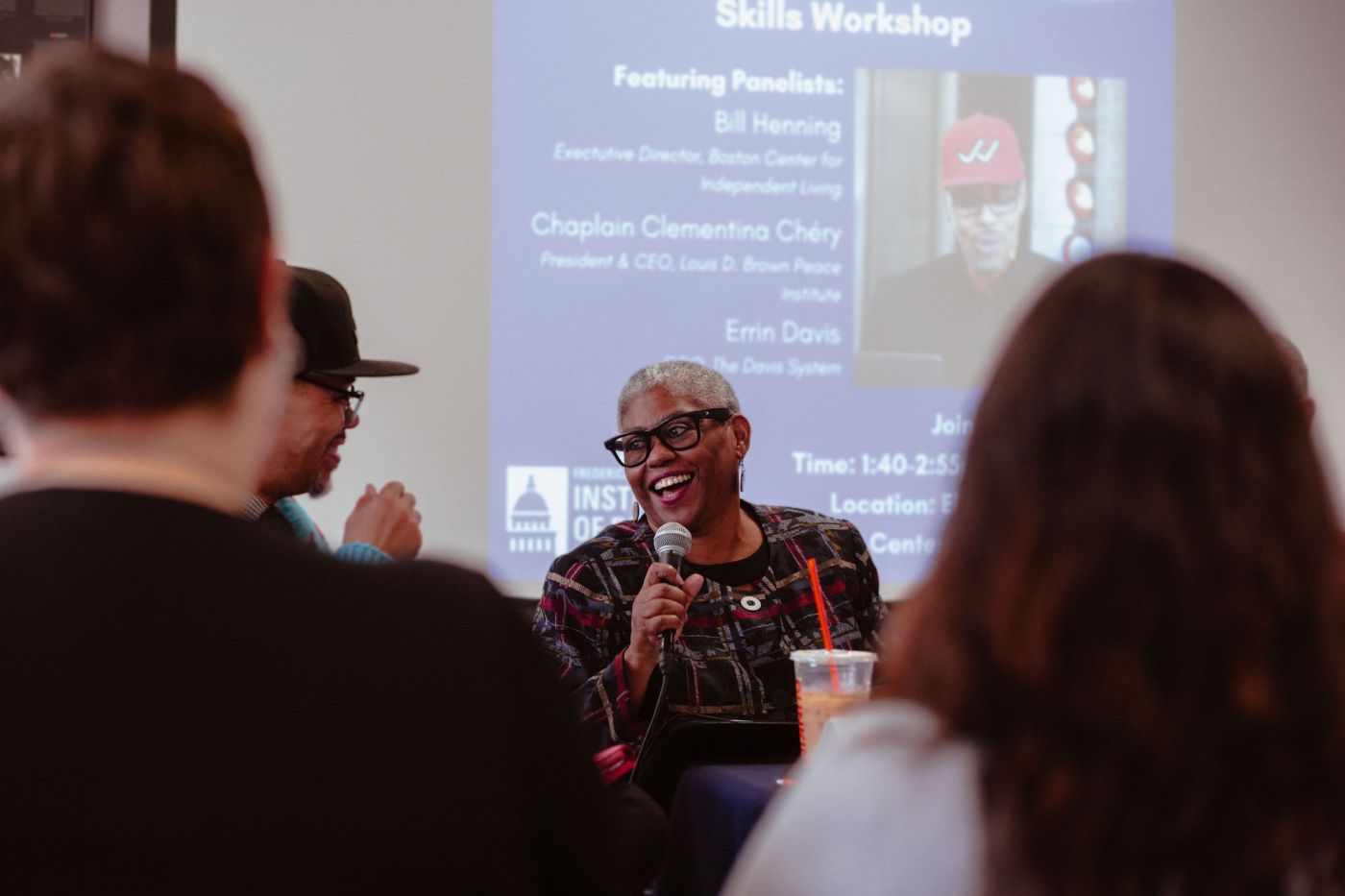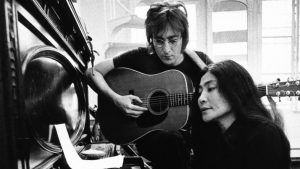
Chery: Nurturing peace by changing the narrative
Peace – an ideal that has been sought through all of human history –has different meanings depending on the beholder. Across the many visions of what makes for a safer, more just world, there is one thing we all have in common. We know that peace does not come easily. It takes work and needs to be nurtured.
My son, Louis D. Brown, who would have turned 47 years old today, knew that as well.
Louis dreamed of a more peaceful world, and of playing a role to make that happen. He was doing his small part on the afternoon of Dec. 20, 1993 as he left the house for a Teens Against Gang Violence meeting. Near the corner of Tonawanda Street and Geneva Avenue in Dorchester, not far from our home, he was caught in the crossfire between two groups of young men. Louis was 15 years old when he died that afternoon.
Like many parents whose children were murdered in our neighborhood, it shook me to my core when, late last year, I read a media report that referred to Dorchester, Mattapan, and Roxbury as Boston’s “murder triangle.” None of us survivors of homicide are so naive that we don’t understand the heartbreaking history of that phrase; we know we live in one of the areas of Boston most historically impacted by street violence. We also recognize that the media often uses catchy phrases as clickbait.
Yet, this phrase ignores that most people in these neighborhoods are no different from those in any other zip code. They work hard, try to raise their children the right way, and devoutly live their faith. There are basketball and soccer games to attend, homework to check, Sunday dinners to eat with family all around.
There is, however, one way the historical prevalence of street homicides in Dorchester, Mattapan, and Roxbury does make their residents different: in confronting the devastating realities and root causes of violence, they demonstrate incredible strength, resilience, and transformative love. Blanketing our communities with descriptions that focus solely on crime is dishonest and hinders our efforts to achieve peace, especially those of us who have survived the unthinkable loss of a loved one to murder.
My son Louis dreamed of becoming the first Black president of the United States. He never got the chance; the man who fulfilled that goal recognized the duty that all of us have to ensure a peaceful society.
“The terms of peace may be negotiated by political leaders, but the fate of peace is up to each of us,” President Barack Obama said.
Peace isn’t just the absence of violence; it’s the presence of justice, forgiveness, and hope. That’s why the Louis D. Brown Peace Institute —the organization I founded in my son’s memory more than 30 years ago to interrupt cycles of violence and cultivate cycles of peace —emphasizes those values, along with love, unity, faith, and courage, as the Seven Principles of Peace that guide us in everything we do. Our work to lift up peace, support healing, and center strengths has transformed lives, breaking cycles of violence that have gripped our neighborhoods for too long.
The proof is not hard to find, for those willing to look. Today, we are part of a growing network.
On any given day this past winter in Mattapan, you’d find community spaces distributing warm clothing and essentials to families braving the cold. In Roxbury, faith-based communities organized food drives to ensure neighbors had fresh produce and meals on their tables. Walk along Geneva Avenue and Bowdoin Street and you’ll come across the Peace Trail, a growing collection of vibrant public artworks on street poles that honor victims of violent crime.
And every week in our Dorchester office, survivors gather to find strength in one another: building bonds, sharing stories, and sparking new ideas they carry back into their own communities.
Taken together, all of these occurrences highlight something transformative happening.
We have an opportunity to reshape the narrative: to see these neighborhoods not solely through the disproportionate violence they endure, but through the resilience, creativity, and compassion that residents live out daily.
Rather than being reduced to a “murder triangle” solely to statistics of loss, let us see these streets as places of transformation.
That’s why today, on my late son’s birthday, we declare Dorchester, Mattapan, and Roxbury as the Peace Triangle. We affirm that no community is beyond redemption and that peace is more than just possible, it is inevitable when, as President Obama said, each of us commits to it with our whole hearts.
At the Louis D. Brown Peace Institute, our commitment to peace endures as we undertake a capital campaign to build a new Center of Healing, Teaching, and Learning — a hub for healing in the heart of Dorchester. We renew our call for our city’s leaders and residents to support us in this work. Join us in rewriting the narrative, in nurturing peace, and in creating spaces where grief is met with healing, and despair gives way to hope.
Chaplain Clementina Chery founded the Louis D. Brown Peace Institute in December 1994, one year after her teenage son, the organization’s namesake, was murdered in Boston.


